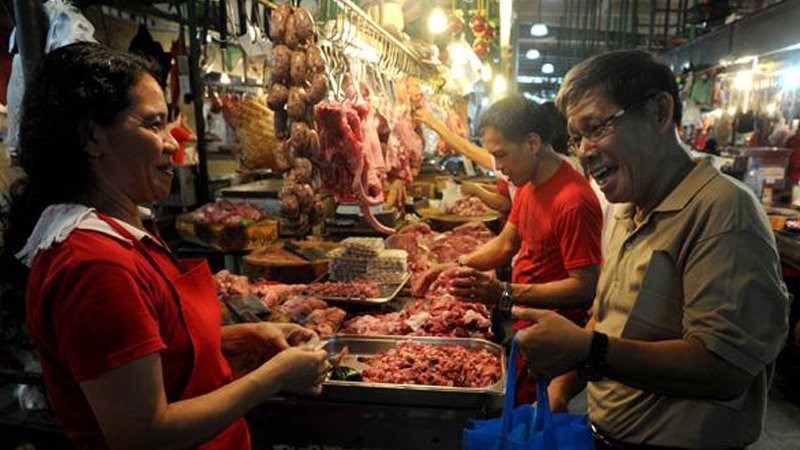High prices are coming
Prices of basic goods and services are bound to rise in the next months, not just because of the seasonal Christmas jump in demand for everything—from food and services to gadgets to cars and even condominiums—but also because of a confluence of international events with a significant impact on the Philippine economy.
If you haven’t been looking, crude oil prices have gone up substantially from their cheapest levels early this year, the peso has depreciated to its lowest in eight years, and the US economy is picking up and zapping funds from emerging markets like the Philippines.
Article continues after this advertisementBrent spot price was most expensive in June 2008 at $132.32, but a resulting global economic crisis led it lower. Since 2014, it has been downhill from $108.12 in January to $62.34 by December to $47.76 in January 2015, and sinking to $30.70 in January 2016. Spot prices for the international crude oil benchmark averaged $52 a barrel in 2015, 53 percent below the previous year’s level and 49 percent off the average price in the past five years. At one point last January, Brent crude prices plummeted to a low of $27.67 a barrel, the lowest since 2003.
But it has since crept higher and was already at $49.52 a barrel last October. Last week, the Brent global benchmark jumped 9 percent and breached $50 a barrel, nearly doubling its lowest for 2016. Members of the Organization of Petroleum Exporting Countries (Opec) reached an agreement in Vienna last Wednesday to curb oil production by 1.2 million barrels a day starting in 2017 to push prices higher. Non-Opec member Russia also agreed to curb its output by 600,000 barrels a day.
Although some analysts were doubtful that the Opec agreement would significantly cut global supply of the precious commodity, there are others who forecast that demand would finally catch up with supply in 2017. Commodities experts believe that last week’s deal among members of the oil cartel will therefore speed this up.
Article continues after this advertisementMeanwhile, the peso has fallen to an 8-year low against the dollar, flirting with P50:$1, although the Bangko Sentral ng Pilipinas had noted that the local currency was tracking the global strength of the greenback, or that monies around the world were similarly weakening against it. The peso at 49.86 to $1 is at its weakest in eight years since trading at P49.99:$1 on Nov. 20, 2008. The peso weakness has been exacerbated by the outflow of “hot money” from the local stock market as investors leave emerging markets and invest in dollar-denominated assets that are seen to appreciate when the US Federal Reserve Board raises interest rates this month.
A day before the Opec meeting in Vienna, a number of local oil firms already announced a new round of big-time price increases in gasoline (by P1.50 a liter) and diesel (by P1.20 a liter). As of
Nov. 22, diesel was being sold at P25.75-29.32; gasoline, P34.60-44.10; and LPG (11-kilogram cylinder), at a high of P661. Only last April 6, gasoline was being sold for P35.10-38 a liter; diesel, P21.50-23.45 a liter; and an 11-kg cylinder of LPG, P439-488. At the start of the year, retail prices of diesel in Metro Manila ranged from P20.55-23.95 a liter, and of gasoline, from P33.20-40.65 a liter. The price of an LPG cylinder was P470.
The impact of higher crude prices on an oil-importing country like the Philippines is practically on everything, including electricity rates, transport fares, and prices of basic food and services. The cost of all these things—which will be reflected in the monthly inflation figures to be reported by the government—will definitely be on the uptrend in the coming months.
Analysts and government economic managers have allayed the public’s fears about rising prices, explaining that the rate of increases would be within their targets. But it is better to be prepared now for an eventual jump in the cost of living. As they say, it is wise to save for the rainy day, because you can bet on it: High prices are coming.

















